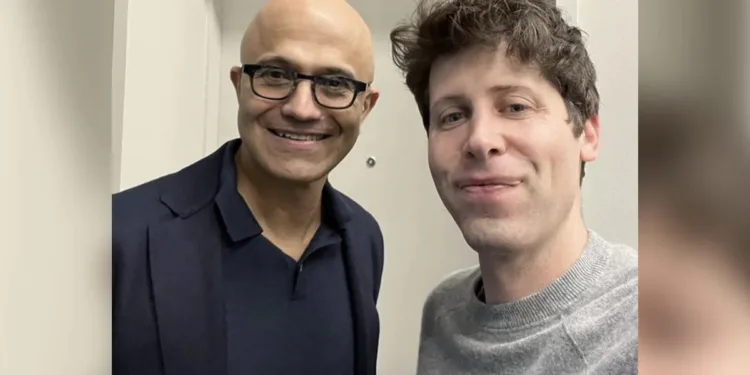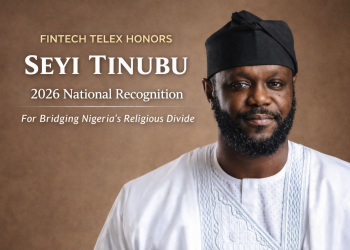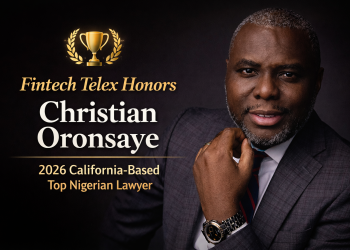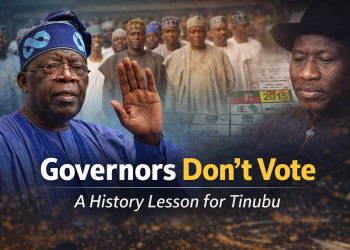Some days ago, Open AI, an American artificial intelligence (AI) firm, made news headlines following the dismissal of Sam Altman, its co-founder.
It would be recalled that last week, three non-employee board members of the company, Adam D’Angelo, Tasha McCauley, and Helen Toner, and a third co-founder and the firm’s chief scientist Ilya Sutskever, unanimously agreed to fire Altman, a development that led to Open AI’s staff calling threatening mass resignations unless Altman get reinstated.
A statement from OpenAI, disclosing Altman’s dismissal, noted that a deliberative review process by the board concluded that he “was not consistently candid in his communications with the board, hindering its ability to exercise its responsibilities.” As a result, the board stated that it no longer has confidence in his ability to continue leading the AI company.
When asked whether Altman would return to OpenAI, Microsoft Chief Executive Officer (CEO), Satya Nadella, played ignorance, saying that “it’s left for OpenAI board and management and the employees to choose. Microsoft chose to explicitly partner with OpenAI and that depends on the people at OpenAI staying there or coming to Microsoft, so I’m open to both options.”
Having described the day he was sacked as worse, Altman, who noted that he was reading his dismissal note as if it was his eulogy, later said he looked forward to returning.
“I love OpenAI, and everything I’ve done over the past few days has been in service of keeping this team and its mission together,” Altman wrote on his X (formerly Twitter) handle following his tumultuous ouster.
However, a few days after the sacking, Altman was reinstated as the Chief Executive Officer (CEO) of OpenAI, leaving stakeholders, and members of the public to skepticism about Altman’s relationship with Satya Nadella of Microsoft.
How it started
The saga surrounding OpenAI and the subsequent upheaval began with the contentious acceptance of a significant investment by Sam Altman, co-founder of OpenAI, from tech giant Microsoft in 2019. The investment, amounting to a staggering $1 billion, raised concerns and sparked criticism from several notable figures within OpenAI, including then VP of Research, Dario Amodei.
The concerns
Amodei and other key talents within OpenAI openly criticized this move, expressing apprehension regarding the potential ramifications of such a financial infusion. They contended that accepting such a massive investment from Microsoft posed a threat to the fundamental ethos of OpenAI as a non-profit organization. The primary concern revolved around the fear of subjecting OpenAI to undue influence and control from a corporate entity, particularly one that has faced ethical controversies in the past.
Amodei and other critics argued that this influx of funds from Microsoft risked compromising OpenAI’s mission, which is centered around ethical AI development for the benefit of humanity. The fear, according to them, was that aligning closely with a corporation, especially one not universally known for ethical practices, might dilute OpenAI’s autonomy and impede its pursuit of unbiased and transparent AI research.
Call for probe
The reinstatement of Altman has left lingering doubts and unanswered questions about the nature of his ties with Nadella and Microsoft.
Reddit communities and online forums have witnessed a groundswell of discussions and assertions, with several Redditors calling on the US Securities and Exchange Commission (SEC) to conduct a thorough investigation into the controversial ties.
According to a Redditor, Costa Adama, “the reinstatement of Altman following the board’s loss of confidence seems dubious. We need assurance that OpenAI’s autonomy isn’t compromised by corporate interests. A thorough investigation by the SEC is necessary to maintain public trust in ethical AI pursuits.”
Like Adama, another Redditor wrote that “it’s imperative for regulatory bodies like the SEC to investigate this situation thoroughly. The potential conflict of interest demands transparency for the integrity of AI advancements.”










